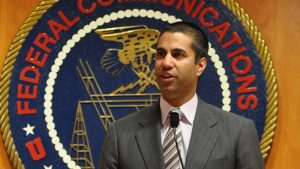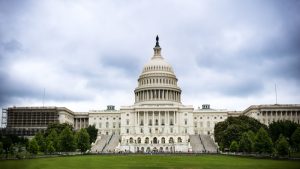The Federal Communications Commission (FCC) will be facilitating $20.4 billion of investments into high-speed broadband networks across rural America over the next 10 years, FCC Chairman Ajit Pai announced during a briefing with President Trump on April 12.
Help could be on the way for state and local governments grappling with defending against cyber attacks, in the form of bipartisan legislation introduced in the House and Senate that would authorize the Department of Homeland Security (DHS) to operate a grant program for states looking to implement better cybersecurity and recovery measures.
Detroit announced it will hire Joshua Edmonds as its first director of digital inclusion to help make computer and internet access more accessible to the city’s citizens.
Broadband access is essential in the 21st Century. To achieve availability across the country, the Federal government must have accurate broadband access data to ensure that funds and resources are being spent to expand coverage to unserved areas. However, accuracy issues with the broadband map have plagued the Federal Communications Commission (FCC)–the Federal entity tasked with compiling the data.
The Department of Homeland Security (DHS) today released a series of exchanges from December 2016 to February 2017 between the department and members of Congress revealing Sen. Brian Kemp’s, R-Ga., accusation that DHS conducted unauthorized scans of Georgia’s Secretary of State networks and DHS’s denial of the accusation.
Kansas City Chief Innovation Officer (CInO) Bob Bennett will depart from his position to become chair of urban development think tank Cities Today Institute.
Making artificial intelligence (AI) explainable to the general public has come with its challenges in recent years and knowing where to start includes identifying high-consequence sectors that need future research and policymaker consideration.
On Tuesday, the Department of Energy (DoE) announced that it would be providing $40 million in funding for research into developing algorithms and software for quantum computers.
Yesterday, the Food and Drug Administration (FDA) announced that it would be taking steps towards considering a new regulatory framework tailored to promote developing safe and effective medical devices that use artificial intelligence algorithms.
The city of Albany, N.Y., confirmed on March 30 that it was hit by a ransomware attack that affected municipal government computers.













